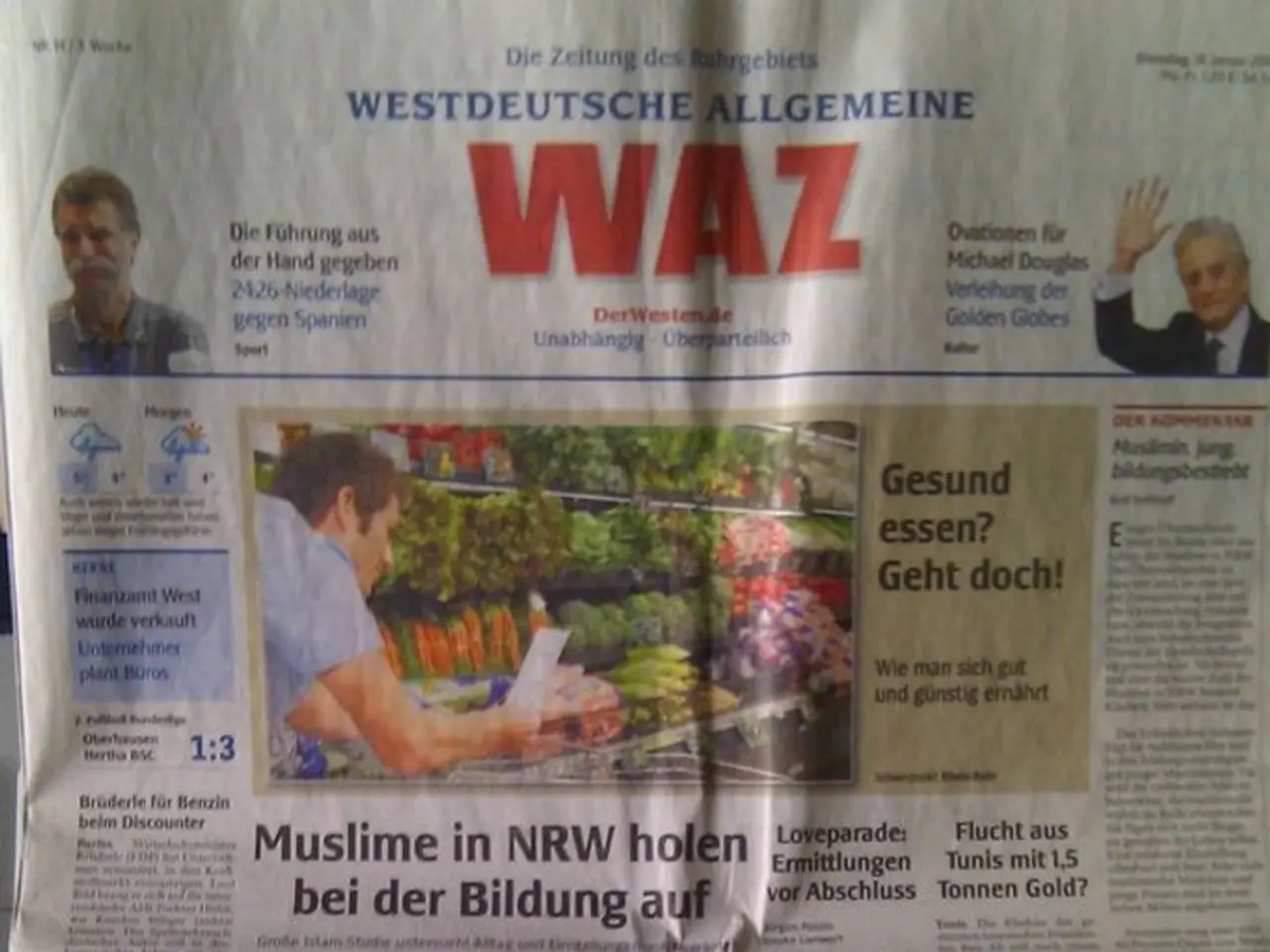Iran faces potential reinstatement of international sanctions if nuclear negotiations fail, E3 warns
The 2015 nuclear deal, known as the Joint Comprehensive Plan of Action (JCPOA), has been in a state of unraveling since the US withdrawal in 2018. This unrest has been further exacerbated by recent events, as Iran has increased uranium enrichment activities and suspended cooperation with the UN nuclear watchdog, derailing planned negotiations.
The European powers, France, Germany, and the United Kingdom, are currently negotiating with Iran to address concerns over its nuclear program's lack of transparency and failure to comply with commitments under the JCPOA. The E3 have issued a warning and offered Iran a limited extension of UN Security Council Resolution 2231 provisions to allow more time for negotiations aimed at a new verifiable agreement. However, Iran has not provided concrete proposals or sufficient assurances of peaceful intentions, prompting the E3 to prepare to trigger the "snapback mechanism" to reinstate UN sanctions by the end of August 2025 if progress is not made.
The E3's push to restore sanctions is intended to compel Iran to allow the return of UN nuclear inspectors and restrict its nuclear activities, especially after recent military strikes damaged Iranian nuclear and military sites. European Ministers emphasize that without engagement or verification from Iran, the risk posed by Tehran's nuclear program to international peace and security remains unmitigated.
Iran's response has been resistant and confrontational. While Iranian diplomats describe their talks with European powers as "frank and detailed," they criticize the European threats as unjustified and question the legal right of the E3 to trigger snapback sanctions. Recent meetings have failed to produce progress, with Iranian Foreign Minister Abbas Araghchi not offering new proposals and expressing frustration over the snapback threats. Iran has also warned of consequences if sanctions are reimposed and has partially reduced cooperation with the UN nuclear watchdog following Israeli attacks in June.
Notably, the US briefly joined these strikes in June. This escalation has added another layer of complexity to the already tense negotiations, as Iran accuses the E3 of failing to meet their own commitments regarding Iran's nuclear program. Iran's foreign minister, Abbas Araghchi, has dismissed the E3's authority to trigger snapback sanctions, further complicating the diplomatic landscape.
In summary, the E3 are leveraging the looming snapback deadline (end of August 2025) to pressure Iran back into compliance and negotiations, while Iran remains defiant and critical, increasing tensions around the nuclear issue with significant diplomatic and security implications. The ongoing standoff between these parties underscores the need for a peaceful resolution to ensure the safety and security of the international community.
Read also:
- Court petitions to reverse established decision on same-sex marriage legalization
- Independence supporters in New Caledonia refuse agreement offering authority without a vote on sovereignty
- Proposed Standardization of Food Labeling Laws Among Member States by the Commission
- Experimenting with Merz's Germany has stretched into an extended period of time, resembling a numerous three-month duration.








